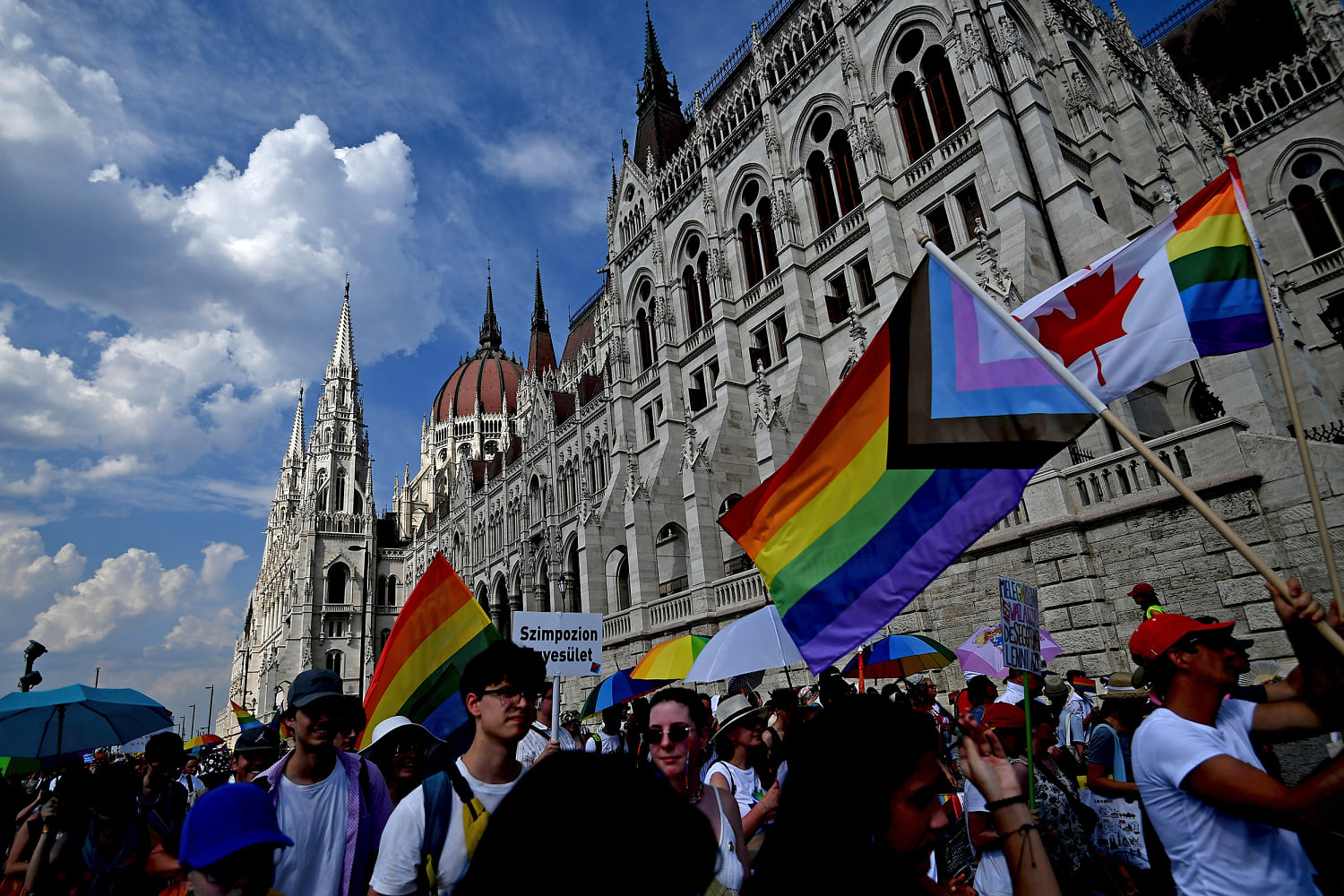Hungary's parliament passed a constitutional amendment on Monday granting the government the power to ban public events organized by LGBTQ communities. This decision has been met with strong criticism from legal scholars and human rights advocates, who see it as another step towards authoritarianism under the current populist government.
The amendment allows the government to restrict gatherings deemed to violate 'public morals,' a term that critics argue is vaguely defined and open to abuse. This broad definition raises concerns about the potential for arbitrary restrictions on freedom of expression and assembly.
Opponents of the amendment argue that it specifically targets the LGBTQ community and further marginalizes them within Hungarian society. They point to other recent laws and policies that they believe discriminate against LGBTQ individuals, including restrictions on the portrayal of LGBTQ themes in media and education.
The Hungarian government defends the amendment as a necessary measure to protect traditional values and maintain social order. However, international organizations and human rights groups have expressed serious concerns about the erosion of democratic principles and the violation of fundamental rights in Hungary.
The passage of this amendment is likely to further strain Hungary's relationship with the European Union, which has repeatedly criticized the country's human rights record and its adherence to the rule of law. The EU is currently investigating several Hungarian laws and policies for potential violations of EU law.
Hungary Bans LGBTQ Public Events Through Constitutional Amendment

Hungary's parliament approved a change to its constitution, allowing the government to prohibit LGBTQ public events. Critics argue this move further restricts freedoms and pushes the country towards authoritarianism. The amendment empowers the government to limit gatherings based on undefined 'public morals.' This decision has sparked international concern about human rights in Hungary. Legal experts are analyzing the potential impact on freedom of expression and assembly.
Source: Read the original article at NBC